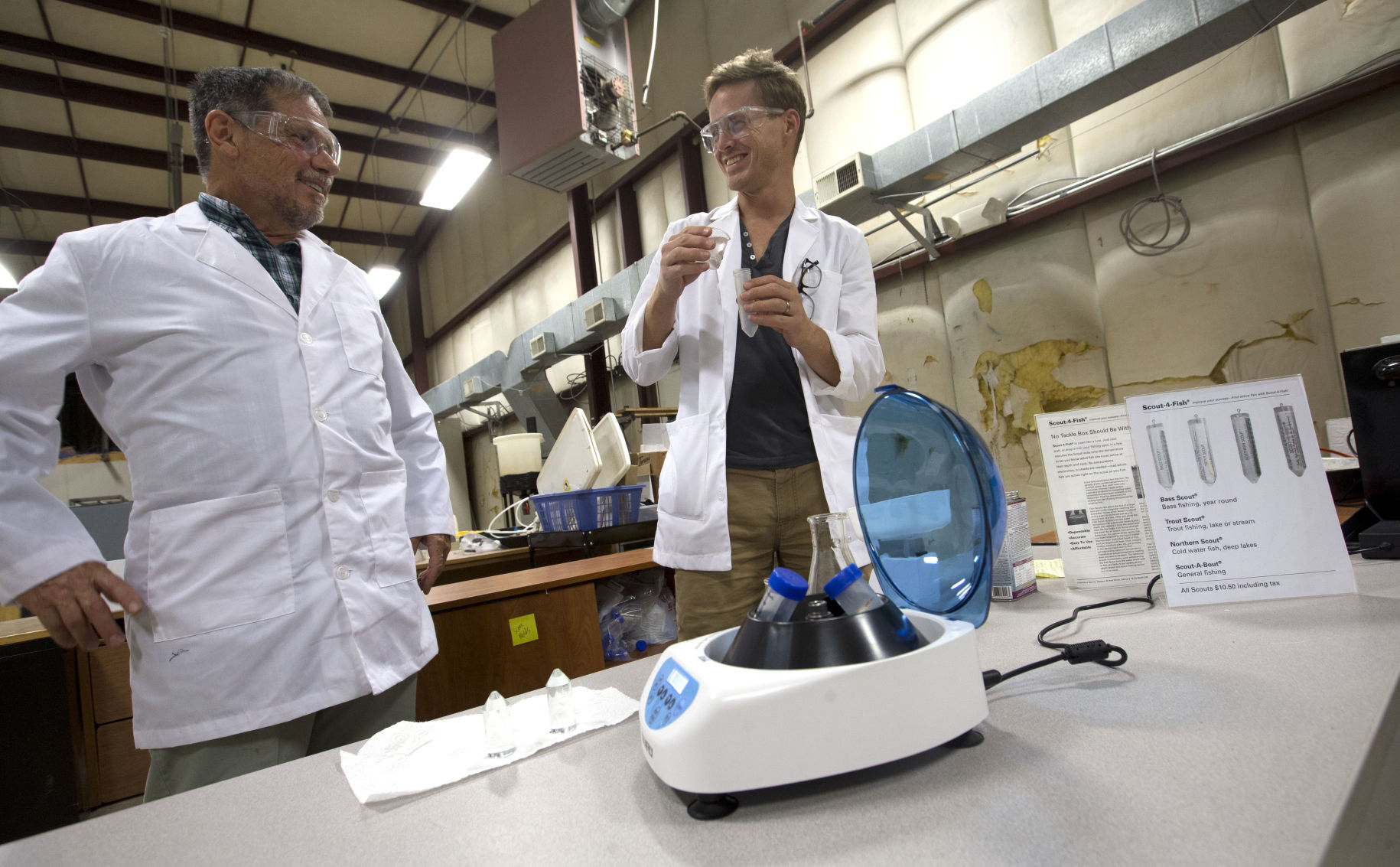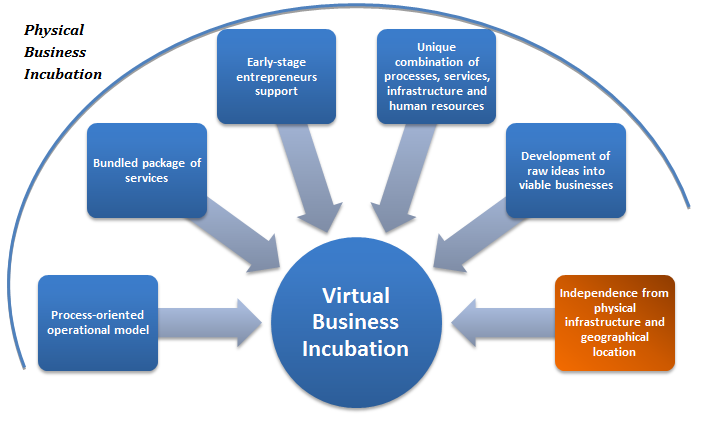
Create interest in your proposal but don’t try to answer every possible question. Tip: Throughout the application process, write concise answers that leave room for future conversations. Roughly 30-60% of the teams that made it to Assessment phase will receive funding. Upon completion of the final evaluations, the investment committee will meet to finalize where the funding will go during the 12-16 week program.

Interviewees provide documents to prove their statements about revenue, legal standing, or any claims made about the company. The interview process typically takes 20-30 minutes. At this stage the accelerator is very interested, but wants to know about the team, product and evidence of traction.

Promising teams from the pre-screening phase move on to be assessed for investability, revenue potential, and overall strength of the product/service offering. An application will ask for specifics on a startup’s idea, market, traction, team, and other aspects vital to success. At most accelerators, the application process is done in stages: Duration of Startup AcceleratorsĪccelerators are intense and fast-paced, taking 3-6 months to get an early-stage startup ready for market.Īccelerator programs accept startups cyclically in cohorts -this means there’s between 45 and 90 slots every year. Solo founders with unvalidated ideas are a better fit for incubators than accelerators, because incubators work to help formulate a business model and team over a longer period of time.Īccelerators are right for startups that are ready to scale, not startups engaged in customer development and trying to find product-market fit. The acceptance rate for accelerators is low since thousands of startups apply for the programs and there’s a limited amount of capital, physical space, and mentorship time available.Īccelerators often take a cut of equity in exchange for program placement.
Business incubator free#
It’s designed for select startups with promising MVPs and founders, as a way to rapidly scale growth.Įxamples include MassChallenge, Techstars and Y Combinator Is an accelerator program right for your startup?Īccelerators are for startups that already have an MVP that has been validated in some way - that might mean a product with a few paying customers, a group of free users, or early signs of strong product-market fit. Startup accelerators provide early-stage companies that already have a minimum viable product (MVP) with the education, resources and mentorship needed to promote what might otherwise be several slow years of growth into a few short months.Ī startup accelerator is an organization that offers mentorship, capital, and connections to investors and business partners. Startup incubators help entrepreneurs refine business ideas and build their company from the ground up.

We'll dive much deeper into the specifics below, but here is the main difference between incubators and accelerators:

Most startups dream of being accepted into a world-class mentorship program and the chance to pitch big-name investors, but don’t know the difference between two of the primary funding options that provide these opportunities: accelerators and incubators. You know you need capital to grow your business, but have a limited amount of time and energy - you want to make sure to choose the funding option that gives you access to the best connections and opportunities, but aren’t sure where to start. Do you crowdfund or get a business loan? Incubate or accelerate? For startups, the range of funding options is overwhelming.


 0 kommentar(er)
0 kommentar(er)
